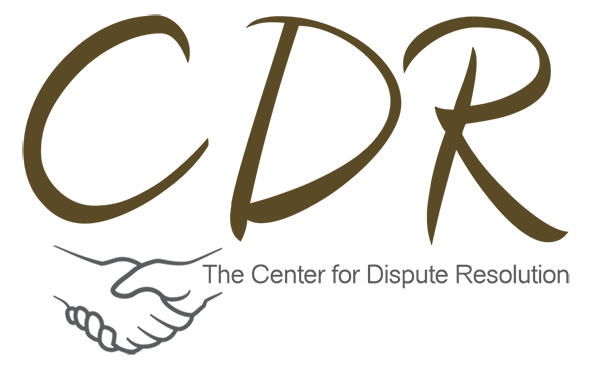
Ways to Reduce Conflict
Conflict is an inevitable part of life, and it can occur in any setting, whether it is at home, work, or in social situations. Although conflict is not always avoidable, there are strategies that can be used to reduce it. In this post, seven strategies are outlined that can be used to reduce conflict.
- Communication
Effective communication is a key strategy in reducing conflict. Often, misunderstandings and disagreements arise due to a lack of clear communication. By communicating openly and honestly, individuals can clarify their intentions and feelings, which can reduce misunderstandings and help resolve conflicts.
When communicating, it is essential to listen actively to the other person’s perspective and try to understand their point of view. By showing empathy and trying to understand the other person’s position, individuals can create a more positive and productive conversation that can lead to a resolution.
- Collaboration
Collaboration is another effective strategy in reducing conflict. When individuals work together to find a solution, they are more likely to find a resolution that is acceptable to everyone involved. Collaboration involves finding common ground, compromising, and working together towards a shared goal.
Collaboration is especially important in situations where there is a power imbalance, such as in a workplace setting, where managers or supervisors may hold more power than their subordinates. By working collaboratively, individuals can ensure that everyone’s needs and perspectives are taken into account, leading to a more equitable and satisfactory resolution.
- Mediation
Mediation is a process that involves bringing in a neutral third party to help facilitate a resolution to a conflict. Mediators can help identify the underlying issues and help individuals find common ground. They can also help guide the conversation towards a resolution and ensure that all parties feel heard and understood.
Mediation can be particularly useful in situations where emotions are running high, and communication has broken down. Mediators can help to deescalate the situation and provide a safe space for individuals to express their feelings and concerns.
- Compromise
Compromise is a strategy that involves finding a middle ground that is acceptable to all parties involved. It may involve giving up something in exchange for something else. For example, in a workplace setting, an employee may compromise on their salary expectations in exchange for more flexible working hours.
Compromise is often seen as a win-win solution because it allows everyone to get some of what they want. It can also help to build trust and strengthen relationships between individuals.
- Empathy
Empathy is the ability to understand and share the feelings of another person. By putting ourselves in someone else’s shoes, we can gain a better understanding of their perspective and the reasons behind their actions.
Empathy can be a powerful tool in reducing conflict because it helps to create a sense of understanding and connection between individuals. When we feel understood, we are more likely to be open to finding a resolution that works for everyone.
- Assertiveness
Assertiveness is the ability to express your opinions and feelings in a clear, direct, and respectful way. It is an important strategy in reducing conflict because it allows individuals to express their needs and concerns without resorting to aggression or passive-aggressive behavior.
Assertiveness involves being clear about what you want and need while also being willing to listen to the other person’s perspective. It can help to establish boundaries and expectations and prevent misunderstandings from escalating into full-blown conflicts.
- Forgiveness
Finally, forgiveness is a strategy that involves letting go of anger and resentment towards another person. Forgiveness does not mean that we condone or forget the other person’s actions, but rather that we choose to move forward and let go of negative emotions.
Forgiveness can be a challenging strategy, especially in situations where there has been a significant betrayal or harm. However, it can be a powerful tool in reducing conflict and restoring relationships.
If you are currently in a conflict, business disagreement, or divorce, the Center for Dispute Resolution can help. Over the years, we’ve assisted many people in engaging in and working through their conflicts and it is highly likely that we can help you with your dispute as well. To find out more about our services or to receive a free 30 minute consultation, call us today at (478) 216-8522 or send us a message online. It can be resolved peacefully, we can help!
✅ Resolve disputes effortlessly. ✅ Build stronger relationships. ✅ Subscribe FREE now!
Don't miss out! Join us today. 🚀


Comments are closed